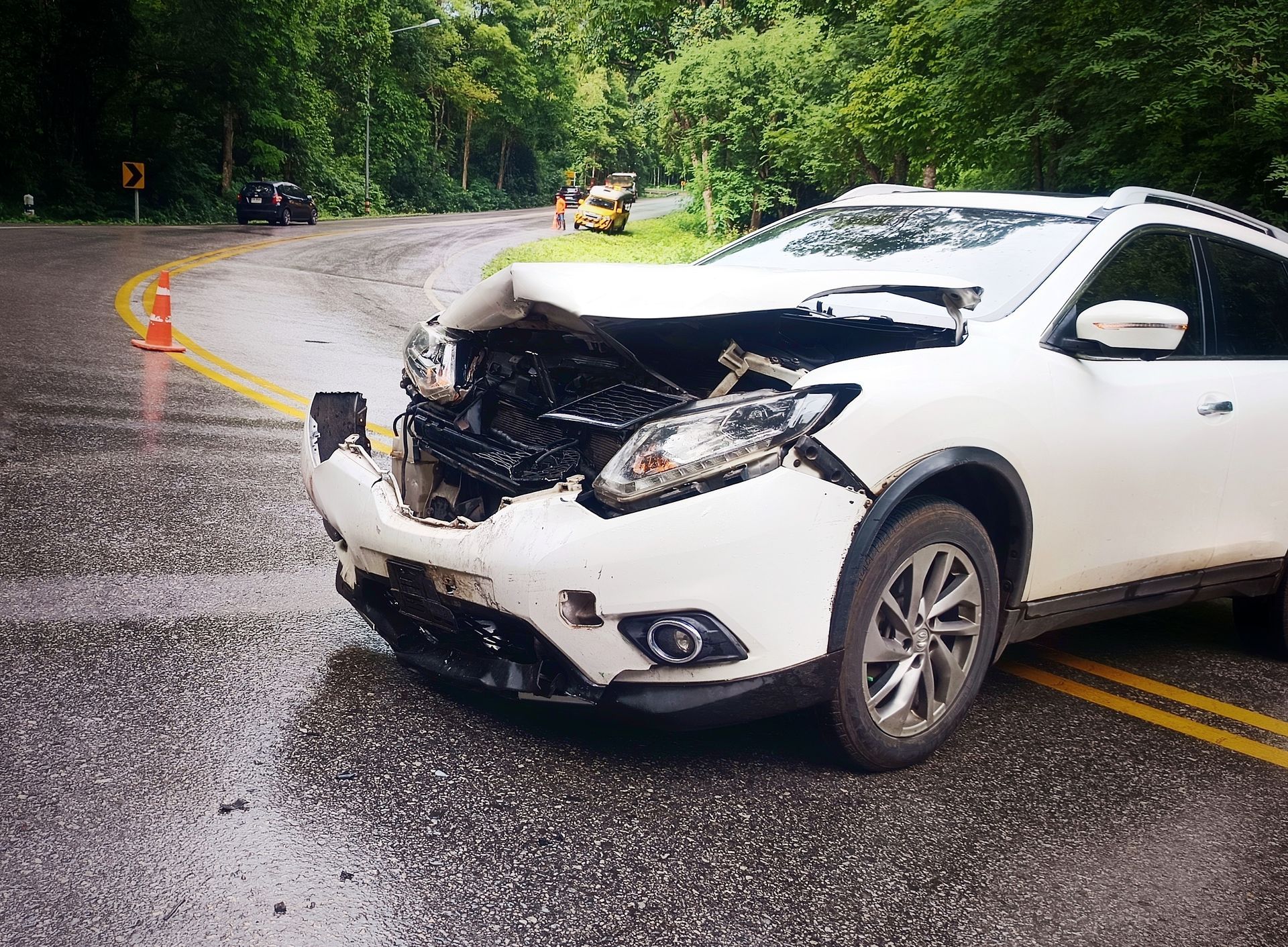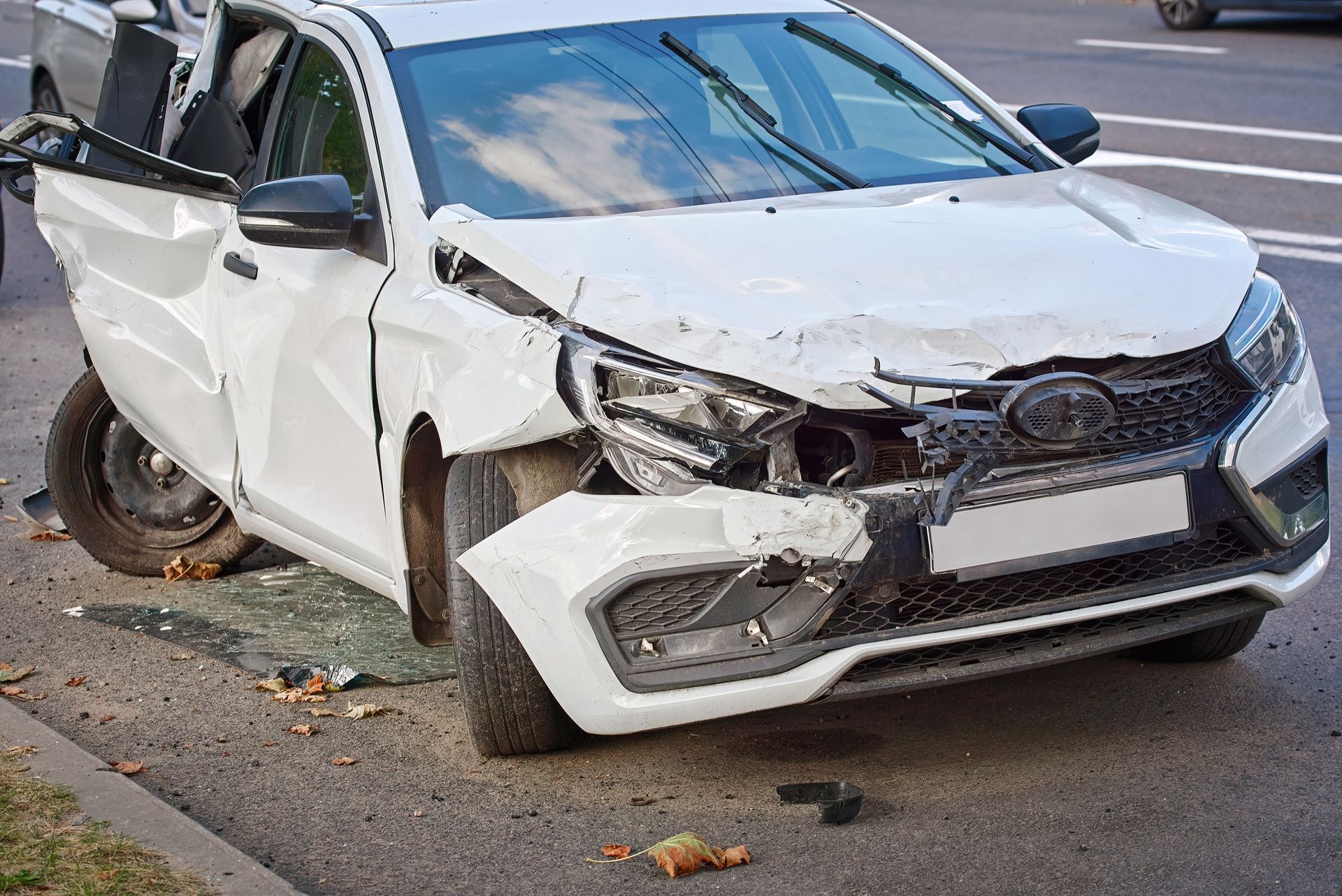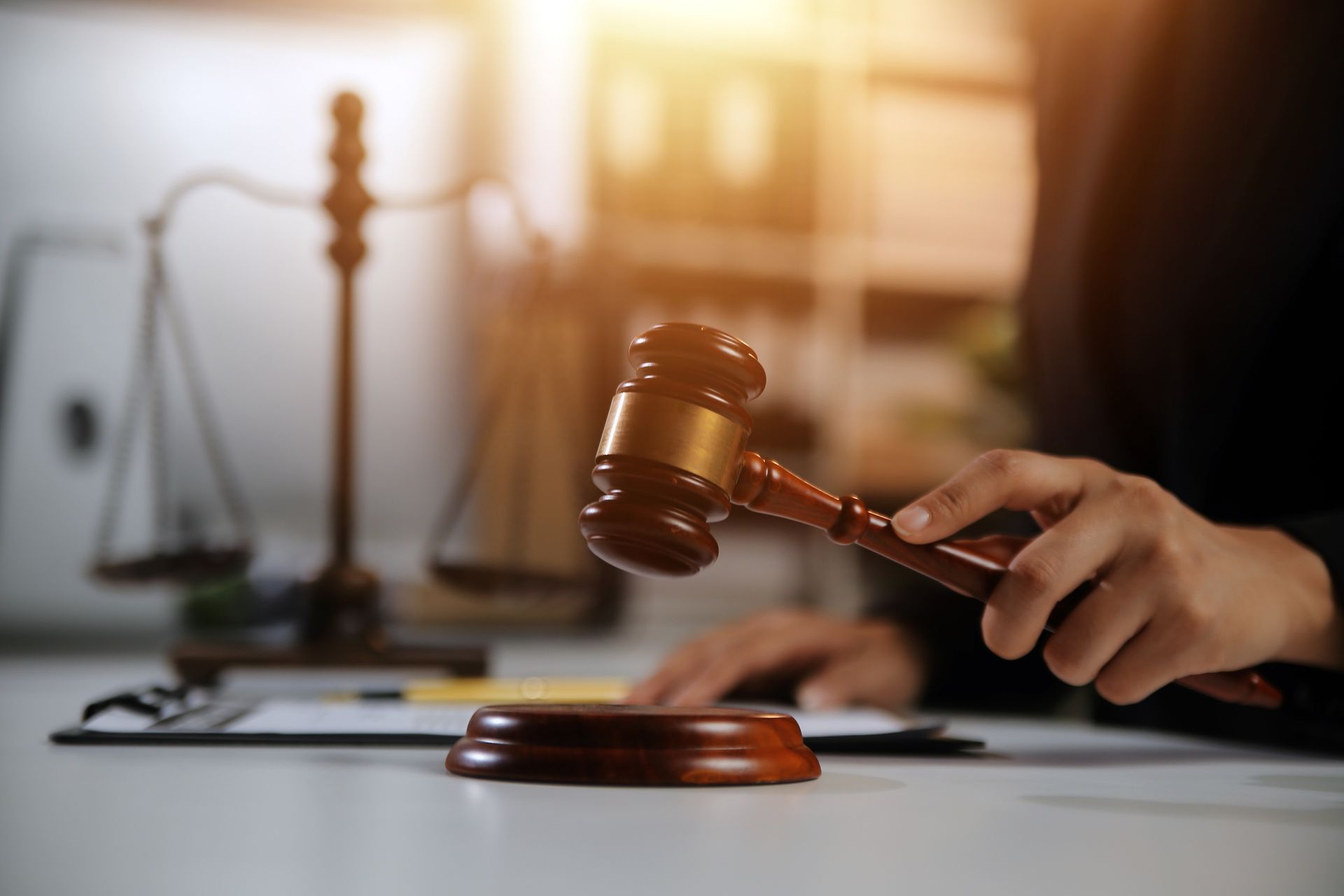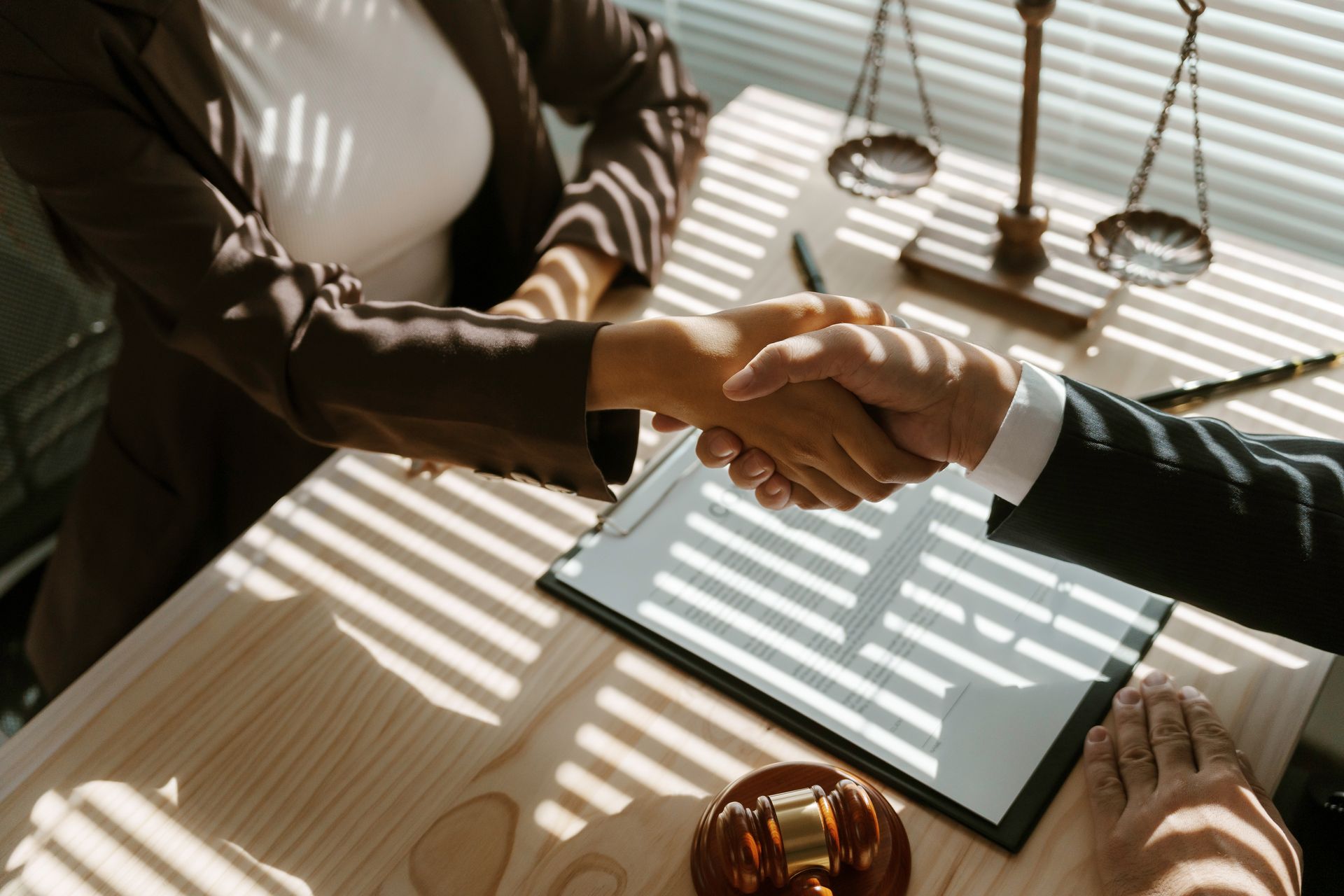Sargon Law Blog
Recent Blog Posts
What Happens After a Deposition in a Personal Injury Case?
When you sustain injuries in an accident due to another party’s negligence, that other party owes you due compensation. If they do not offer a satisfactory settlement, however, your personal injury case may go to trial. The deposition is a necessary part of the pretrial process, but you need to understand what happens after deposition so you can have the best chance at recovering the full extent of your damages.
What Is a Deposition?
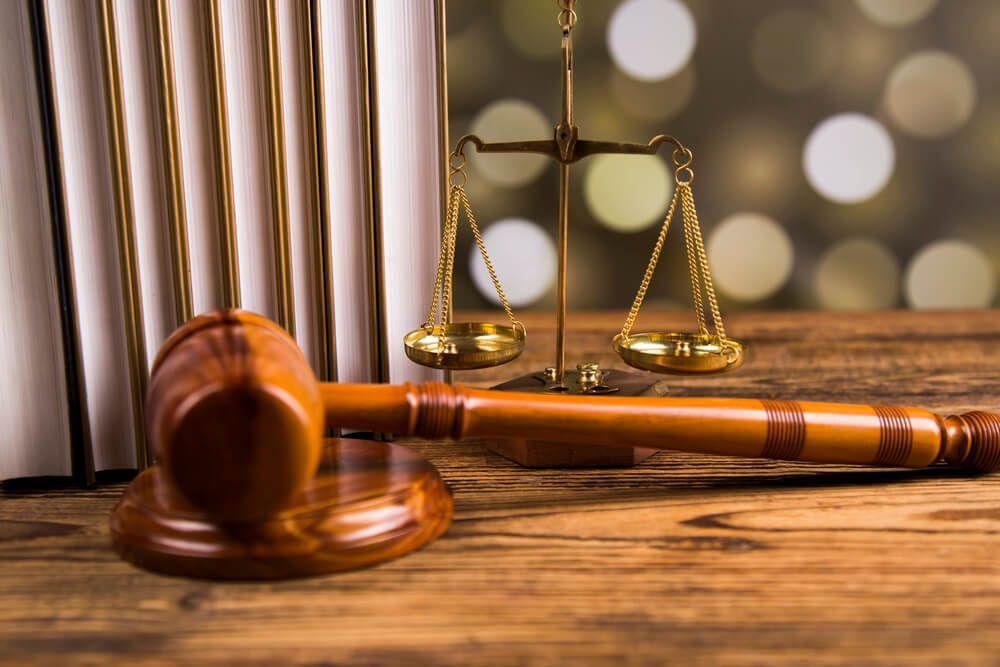
A legal deposition is the testimony given outside of court during the discovery phase of the pretrial process. If the initial negotiations after an injury-inducing accident do not result in an acceptable settlement, either party might decide to initiate legal action. Discovery occurs before the case formally goes to trial.
The purpose of a deposition is for both sides to gain information and evidence pertaining to the case. The injured person and the party accused of being at fault will be the deponents who testify and provide evidence supporting their stance.
While the deposition occurs outside of court, the deponents provide their testimony under oath. A stenographer, camera or voice recorder will record the deposition in case there is a contradiction with the in-court testimony or in the event of a witness being unavailable at trial.
It is important to have your attorney present during the deposition. Our Glendale, AZ personal injury attorneys at Sargon Law Group strive to thoroughly protect the interests of injured individuals during the deposition process and throughout the entirety of the personal injury case. We want you to have positive control over what happens after a deposition.
Having an experienced legal team on your side can also help you prepare for the in-depth questions that you might face during a deposition. Your attorney can protect you from questions that are unfair or unlawful. The right attorney will also ensure that you do not volunteer unnecessary information or implicate yourself in any way.
What Happens After a Deposition in Arizona?
After deposition, the case may proceed to settlement, mediation, courtroom trial or further discovery. If either side requires additional information about the case, they might request further disclosures or documentation. If the deposition goes well, your legal team may send a request for admission to the other party to seek confirmation that they agree with your account of the events.
During a deposition, deponents should only speak the truth and ensure they fully understand the questions before answering. It is completely acceptable to admit you do not know the answer to a question, rather than guessing or making up an answer. If you misspoke or provided an incorrect answer during the deposition, you should communicate with your attorney and take steps to correct the deposition.
In light of the information revealed during deposition and discovery, the party accused of being at fault for the accident might decide to settle without further resistance. If they do not settle, or if they extend an unsatisfactory settlement offer, then the next step after deposition may be mediation or courtroom litigation.
How Do You Know if a Deposition Went Well?

The best way to tell how you fared during the deposition is to ask your attorney. When a deposition goes well, your attorney will explain how this outcome will benefit the rest of your personal injury case.
You can tell a deposition went well if:
- Your attorney provides positive feedback
- The opposing attorney did not ask many follow-up questions
- There were not many objections to your statements
- There was little need to clarify your account of the events
- You did not need to revise your change your testimony
A strong deposition can convince the opposing legal team to reconsider their stance on providing your desired settlement. Your own attorney might also decide to press the advantage and request that the other side drop the case, resulting in less hassle for you as you recover the compensation you deserve.
What Happens if a Deposition Does Not Go Well?
On the other hand, a deposition may go poorly if the other side accuses you of lying or contradicting yourself in your testimony. You might also realize afterward that you left out important information or recounted the events incorrectly.
This is another situation where it is important to speak openly and directly with your attorney. Heed the attorney’s evaluation of your performance in the deposition and make sure to understand how it might weaken your case. Your attorney will work with you to address the issues and get your case back on track.
Start by admitting any mistakes you think you made during the deposition and provide corrective information. Request a transcript of your testimony and go over it with your attorney. You will likely have an opportunity to correct yourself for the record. If it seems like your case will proceed to trial, be sure to address these corrections before then. Let your attorney handle the process, rather than trying to untangle the legal complexities yourself.
How Long After a Deposition Will They Settle?
The best-case scenario of what happens after a deposition is that the other party decides to settle. This might happen quickly within 30 days after the deposition, but it could take significantly longer for complex cases.
Many personal injury cases only have two deponents: the injured party and the party accused of being at fault for the injury. If there are more deponents who must testify, though, the discovery phase may require much more time. It is not likely that the other party will settle until after they receive and review all the relevant information.
Arizona’s disclosure and discovery statutes state that deponents have an entitlement to request a transcript or recording of the deposition before the deposition process is complete. They then have 30 days to review the deposition and submit any changes. It is reasonable to expect that the other party will assert this right to the fullest before deciding to settle.
Ultimately, however, there is no set timeline for how long it will take the other party to settle after a deposition. In the meantime, it is important to stay in communication with your attorney and avoid discussing details of the case or deposition with any other parties.
What Is the Next Step After Deposition?

What happens after a deposition if the other party does not settle is either mediation or litigation. In some cases, the judge presiding over the personal injury case might even order mediation. If this happens, it will be mandatory to participate in mediation and try to arrive at a mutually beneficial resolution that is favorable for both sides.
Even if a settlement is not immediately on the table, the attorneys will work to negotiate an alternate outcome or plea deal in the hopes of avoiding a drawn-out trial. If the case does go to trial, the information provided in either party’s deposition can become valid evidence in court. It is important to work closely with your attorney to determine the next steps and how to prepare for them.
It is understandable to wonder what you can do to expedite the process and secure your rightful compensation faster. The next step after deposition for the plaintiff is simply to trust in the attorney representing your case. Remain available to answer any questions your legal team might have and be quick to communicate any information that might be relevant to your accident.
When Should You Pursue Mediation After a Deposition?
If you cannot secure a favorable settlement offer from the other party, but you do not wish to engage in a lengthy or costly court battle, mediation can be a viable alternative. While it can be frustrating to not immediately receive a settlement to help pay for your medical bills and other damages, it is still important to engage in mediation in good faith.
What Is Mediation?
The mediation process involves a neutral mediator, not affiliated with either party in the personal injury case, who will facilitate negotiations toward a favorable resolution. The goal of mediation is to arrive at an outcome that satisfies both sides while also minimizing the time, costs and effort spent resolving the case.
It is also worth considering the confidentiality that mediation provides. Mediation occurs outside of the courtroom, which means that the details of the case will not become public. This can be especially pertinent if any of the depositions might contain details that paint the involved parties in a negative light.
Mediation can be a very beneficial route to take after a deposition if it seems as though the other party wishes to resolve the matter discretely. This is particularly common if a business or commercial entity is liable for your injuries, as these entities will often choose to avoid any risks to their reputation that might come with a public trial.
Mediation can give you a better chance at securing a satisfactory settlement compared to a trial where the other side might be more likely to fight tooth and nail.
How Long After Deposition Is Mediation?
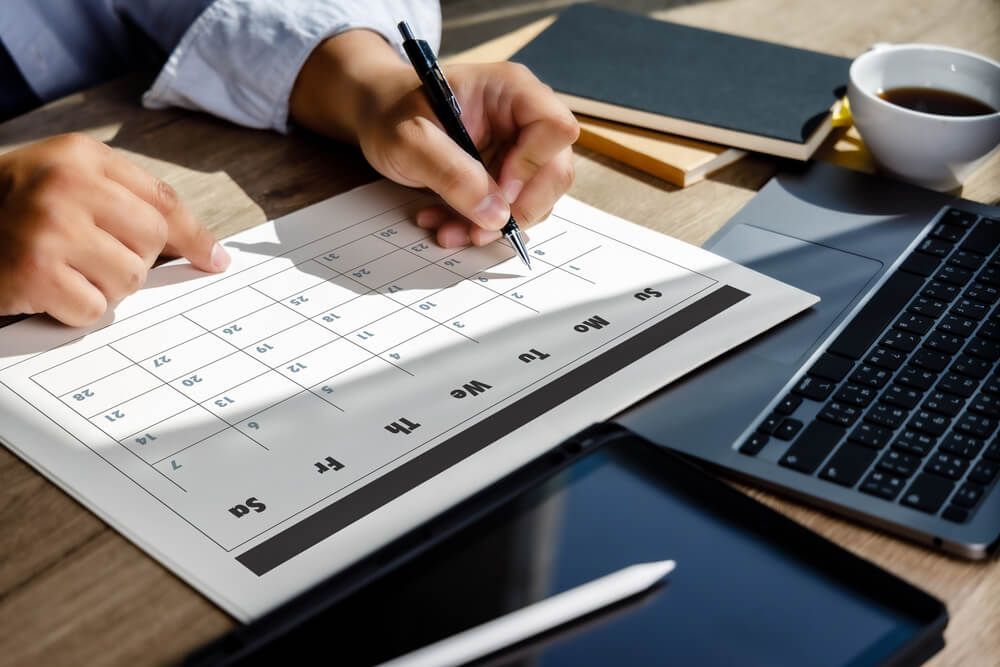
Mediation might occur days or even months after the deposition session, depending on the availability of mediators and the participating parties. Mediation is not mandatory after deposition for personal injury cases in Arizona, so it might not occur as part of your case unless a judge orders mediation or one of the involved parties requests it.
Depositions can bring new details about the case to light, so each party’s attorneys might choose to investigate further or take time to build their cases before participating in mediation. If other complications arise, the period between deposition and mediation might extend even further.
Be mindful of whether the other party is stalling the mediation process after deposition. If they are hindering your personal injury case from moving forward, it could be an indication that they are trying to avoid paying out the settlement you deserve. It may also mean that they are less likely to cooperate during mediation in good faith. However, you might also take this to mean that your deposition went well and that your legal team has a chance to push for a greater outcome.
Should You Continue Litigation After a Deposition?
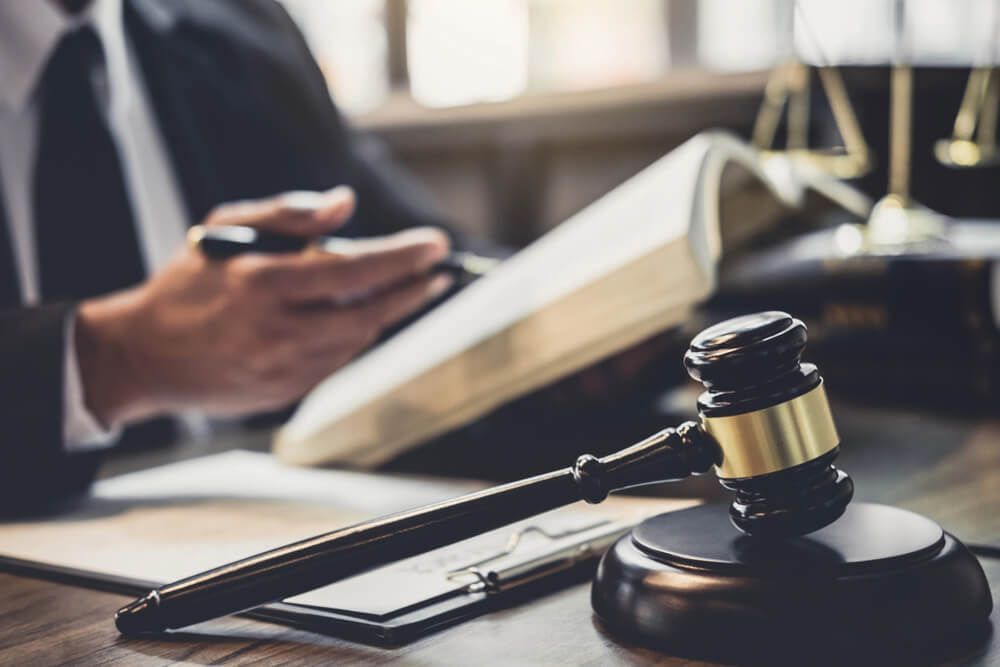
Courtroom litigation may be necessary if the other party refuses to settle after the deposition or if mediation fails. Mediation is not legally binding, so it is entirely possible that litigation will be necessary even after seeking help from an experienced mediator.
In the context of a personal injury case, litigation refers to the courtroom proceedings in which your attorney will advocate for your right to adequate compensation. The ultimate goal of your personal injury case is to secure compensation for your damages, including medical bills, lost wages, property damage and even non-economic damages. Litigation might be the best way to accomplish this if all other negotiations and mediation fail.
If the case proceeds to trial, either party can enter the contents of the deposition into evidence. This can work strongly in your favor if your deposition went well or if the other party’s deposition has clear weaknesses and inconsistencies. The burden of proof in a personal injury case rests with the plaintiff, but compelling evidence and transparent depositions can help you prove that the other party is directly responsible for your injuries.
Keep in mind that litigation can be more time-consuming and financially costly compared to mediation. Consult with your attorney to understand whether taking your case to court is the best choice for your unique situation. Your attorney can evaluate any weaknesses in your deposition and provide insight into how they might hinder your chances at trial.
Personal Injury Attorneys Who Stay With You After a Deposition
Having an insightful legal team on your side will help you navigate the deposition process with confidence. You should not have to worry about what happens after deposition either, which is why our Phoenix personal injury attorneys at Sargon Law Group proudly stand by those who experience damaging accidents.
At Sargon Law Group, we handle personal injury cases in Arizona, California, New Mexico and Colorado. We help with every step of the claim process and represent our clients during deposition, mediation and litigation. Contact us today for a free consultation.

